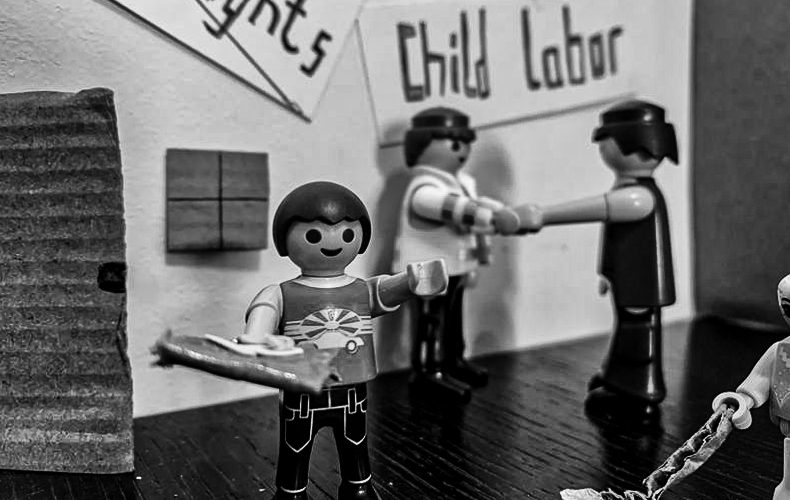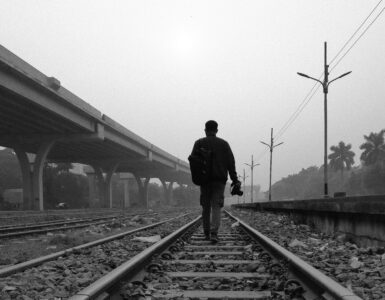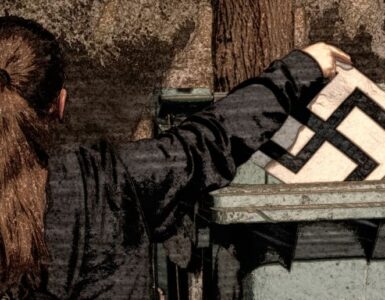According to the 32nd article of the UN Convention, all contracting states are obliged to protect children from economic exploitation. Why this regulation does not fit the life of many young people in Greece and how the government has ignored grievances for years.
Βy Jasper Purwins
Loud, energetic and opaque. An everyday chaos marked by social inequality. A city that has many parallels with the rest of Greece: Breathtaking beauty, incomparable liveliness, but just as rampant poverty. A survey by the Greek statistics authority ELSTAT from the year 2021, states that every third inhabitant in Greece is affected by poverty. This circumstance also has an impact on the lives of children. According to the head of the local UNICEF site, Luciano Calestini, Greece is “(…) the most child-hostile country in the European Union.”
But how does that happen? The lack of social security systems and the resulting economic pressure cause many families to put their offspring to work at an early age. Child labor is prohibited under the Greek constitution. Accordingly, child labor means that someone becomes employed before the age of 15 (exceptions in family business). However, the practice and reality of life for many young people is quite different. Working instead of learning. Earning money instead of getting grades. This phenomenon has been known for a long time. Since the financial crisis plunged Greece into financial chaos, a direct increase in child labor has been evident in the southeastern European state. In 2013, for example, an estimated number of 100,000 children and young people were working illegally before the age of 15.
Today, there are still no official figures on how many children actually work illegally. What is certain, however, is that Greece will still have the highest national debt and the second highest unemployment rate in the EU in 2022. Moreover, the Greek state’s social benefits remain meager. For example, after numerous austerity plans during the financial crisis, pensioners now receive only half of their old-age benefits. Today: 960 euros; 2012: 2000 euros. The Wages have also fallen and unemployment benefits have been cut. This is not about who is to blame for the poor state of the Greek economy and social system – it is much more about showing that financial hardship is still acute for many Greeks. As long as financial bottlenecks exist and parents earn too little money or receive too little support from the state, there will always be children who have to work. Working to buy food. Working to pay for schoolbooks or to alleviate the financial pressure of their parents.
A long-term solution to this is by no means the massive sanctioning of child labor by the Greek executive. The solution is much more the stable development of the economy and the creation of a comprehensive social system. After years of massive austerity and horrendous debt of the Greek state, this will not be easy.
But as soon as poverty threatens the existence of children and families, child labor will always remain a problem. And if children have to work in order to be able to eat, other articles of the UN – convention will remain only an ideal.
Because if children work, it violates the 32nd article. But it also means, for example, that they do not have access to education (Article 28) and even less access to rest, play, culture and arts (Article 31) or social/economic support (Article 26). So, there is a need for an economic and welfare state basis that protects children from work and not only UN agreements.
Article 32/CRC: States Parties recognize the right of the child to be protected from economic exploitation and from performing any work that is likely to be hazardous or to interfere with the child’s education, or to be harmful to the child’s health or physical, mental, spiritual, moral or social development.









Add comment